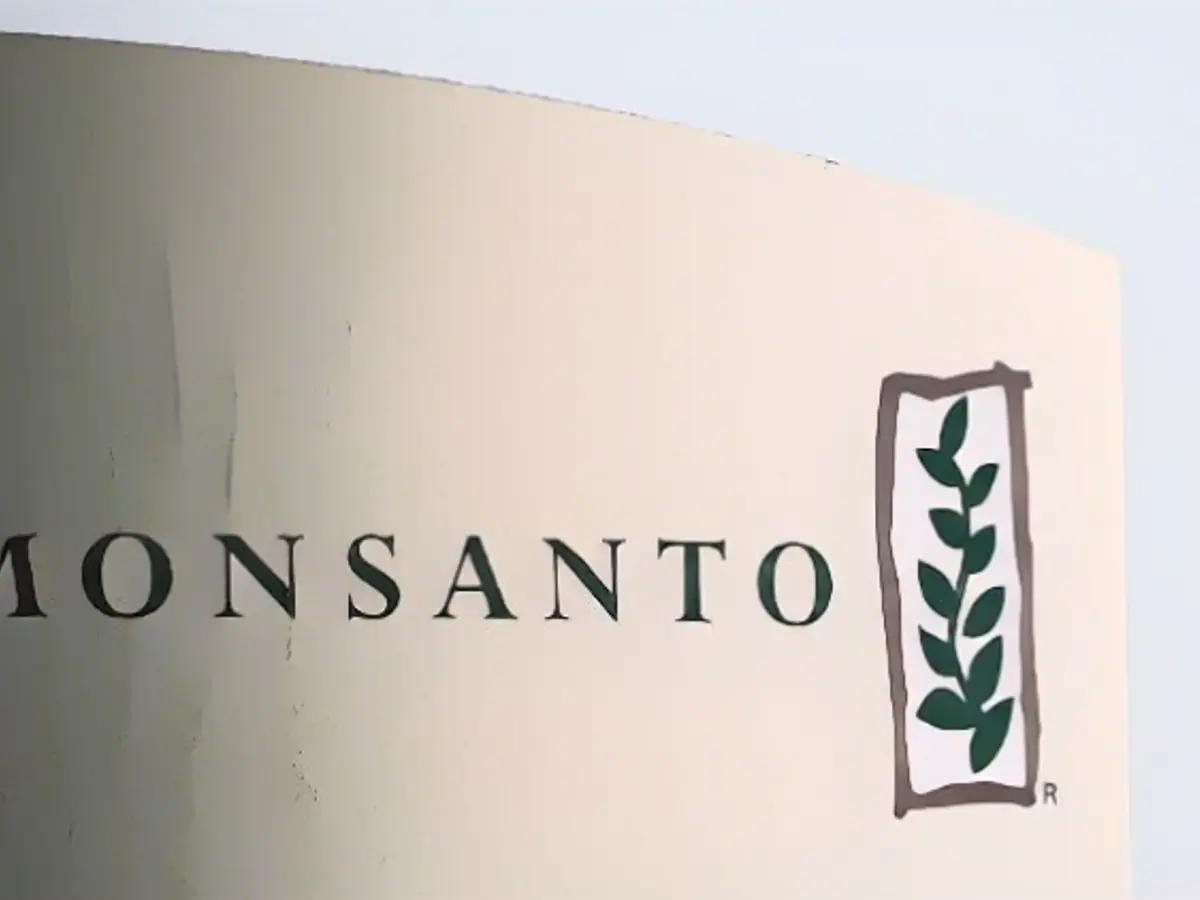Monsanto's Faulty Warning and Concealment Leads to Hefty Fine
In a shocking turn of events, American chemical giant, Monsanto, acquired by Bayer, has been hit with a hefty fine. A Washington court jury condemned the company for failing to warn about the hazards of the toxic chemical PCB, leading to a significant payout of 857 million dollars (approximately 793 million euros) to seven plaintiffs.
These individuals include former students from the Sky Valley Education Center and their parents who volunteered at the Monroe city school. They attribute their health issues to PCBs leaking from fluorescent light bulbs. The chemical, historically used in fluorescent lamp capacitors for cooling and insulation, is known to cause respiratory problems and potentially contribute to cancer.
The plaintiffs' lawyer, Felix Luna, argued that Monsanto ignored the dangers of PCBs and deliberately concealed their harmful effects during the trial. The jury agreed, ruling that the company had been negligent in its actions.
Monsanto's Appeal
Following the court's ruling, Monsanto announced its intention to appeal the verdict. A spokesperson for the company cited blood and air tests that showed no increased PCB exposure levels among the plaintiffs as reasons for the appeal.
Bayer's Acquired Troubles
Bayer purchased Monsanto for 63 billion dollars in 2018, marking a challenging period for the German chemical giant. Since the acquisition, Bayer has been embroiled in numerous lawsuits and trials related to Monsanto's herbicide Roundup, which contains the controversial chemical glyphosate, suspected of having carcinogenic properties.
More than 10,000 lawsuits in the USA have been filed due to claims of cancer caused by glyphosate. Although Bayer has made part-payments and settled some cases, the overall blame and cost continue to mount. As of now, roughly 113,000 of the 160,000 lawsuits have been settled, with Bayer setting aside provisions totaling 16 billion US dollars to cover potential liabilities.
Insights:
- Allegations against Monsanto suggest that the company failed to warn consumers about the potential health risks associated with PCBs and concealed their harmful side-effects to boost profits, as observed in lawsuits filed in Massachusetts and elsewhere.
- The chemical industry has been under scrutiny in the USA due to claims related to Monsanto and other corporations' products. The case against Monsanto serves as an example of the challenges posed by inadequate warning labels and concealed health risks.
Source:
Enrichment Data: The case against Monsanto highlights the importance of informing consumers about the potential health risks associated with chemical products. Companies like Monsanto have been accused of intentionally concealing the harmful effects of chemicals like PCBs and glyphosate for profit purposes, which can lead to severe health issues for consumers. The allegations against Monsanto in Massachusetts are not an isolated incident, and these concerns extend to other chemical substances used in various industries. The failure to adequately warn consumers can have significant consequences, leading to lengthy legal battles and substantial financial burdens for the companies involved.








